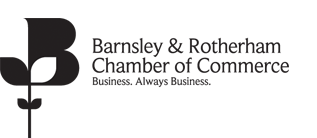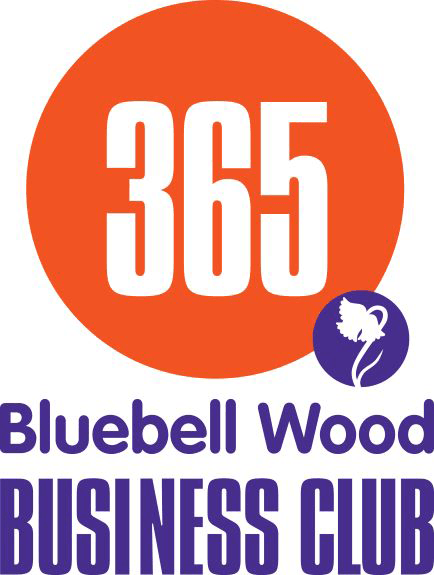
5 Points to consider when planning a retirement sale
Retirement is one of the most important events in your life, so careful planning should begin as early as possible. This can ensure a smooth transition and handover for both you and the buyer.
1. Are you willing to wait for some of the sale proceeds?
It isn’t always easy for buyers to raise the funds upfront to buy a business. This means that sellers sometimes have to consider deferred consideration. This means that some of the purchase price is paid up front and then the rest follows on. This is either in regular internals or in anniversary payments. This can last for several years, or can be a shorter period of time. There are ways in which a seller can be protected from the possibility of the outstanding payments not being paid. Any seller considering this also needs to take tax advice, as a seller may have to pay Capital Gains Tax on proceeds of sale that haven’t yet been received.
- Will you work in the business after completion?
Sometimes, a seller may be asked to help “hand over” the business to its new owners for a period of time after completion. There are many ways in which this can be done; free or charge or paid, for a fixed period or a rolling basis, as self employed or as a consultant. As a seller you need to be prepared for the buyer to make changes to what was your own business, and respect the decisions that they make. This isn’t always easy if you don’t agree with the direction they are taking the business you created.
- Is there any possibility of retaining an income or capital asset after completion?
If your business operates from premises that it owns, you could sell the business, but retain the premises. Instead of selling the building you could enter into a lease with the new owners of the business which would provide you with a rental income in future years, and also the capital growth of the building. The lease could impose repairing obligations on the business owner rather than you, to reduce any ongoing liability to maintain the building.
- Think carefully about restrictive covenants
A buyer will almost certainly want to stop you from competing with them post-completion, and usually when a seller is engaged in selling their business, they are adamant that they wouldn’t. However, sellers are often approached by similar businesses to offer consultancy services, training etc. Sometimes sellers get bored and want to do something else, and a competing business is where their expertise lie. Consider whether this is likely, and if so ensure that any future plans are carved out of any covenants.
- Take good advice about investing sale proceeds
If you are going to receive a substantial sum of money, do not just keep it in a current account. Accounts are at risk of being hacked, and banks will only guarantee £80,000 of any balance. Ensure that you take proper advice as to where to invest the proceeds of sale in the most tax efficient way. You might want to consider giving some of the proceeds to family members, and there may be some tax planning you can do pre-completion to make this more efficient. Your advisor will work with wealth planners and could put you in touch with someone, if you do not already have someone in mind.






